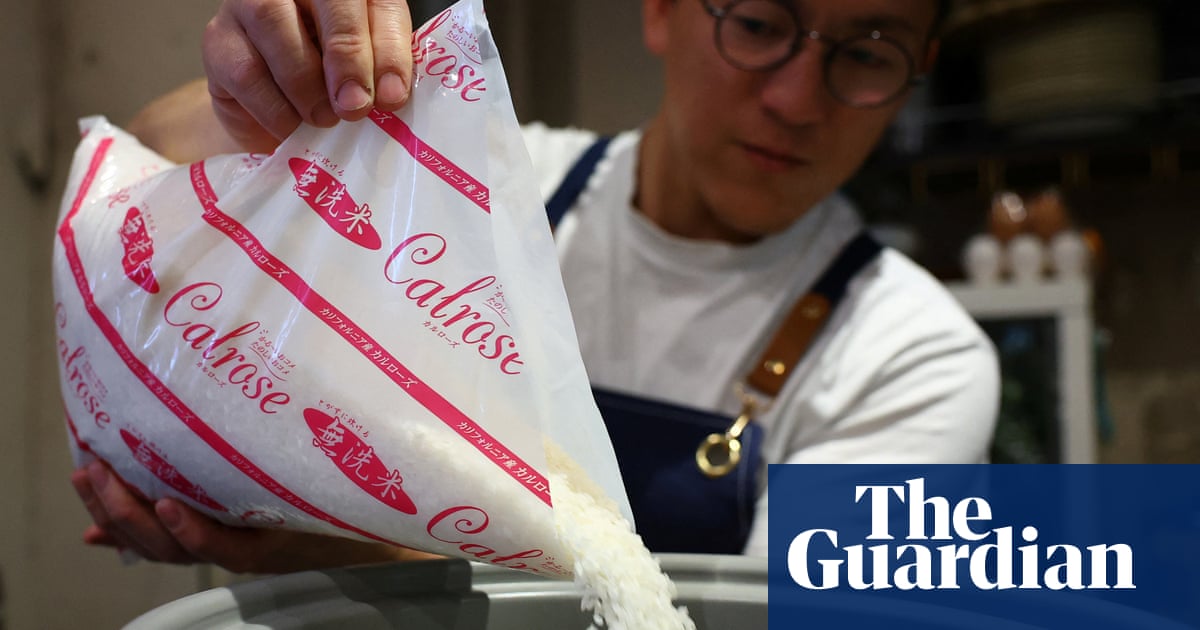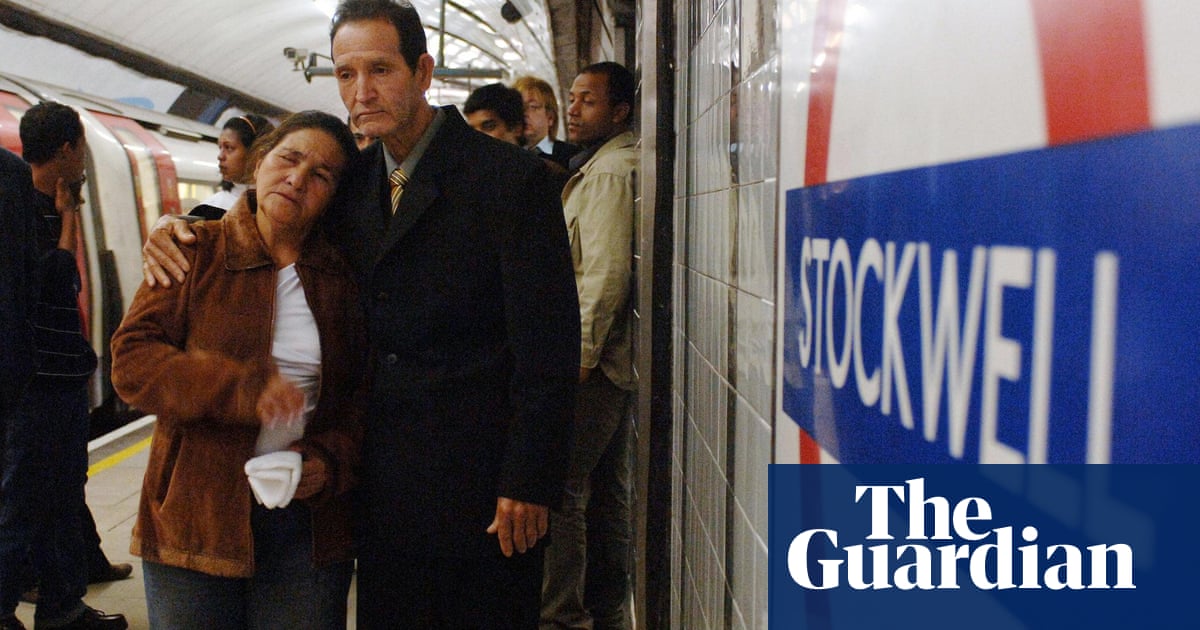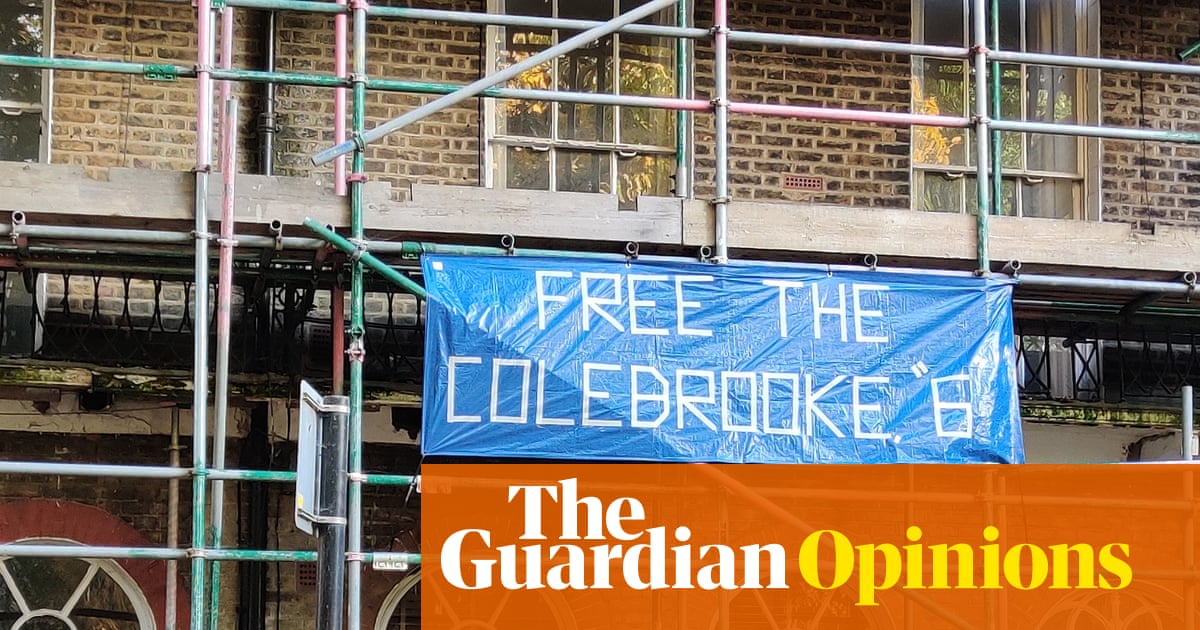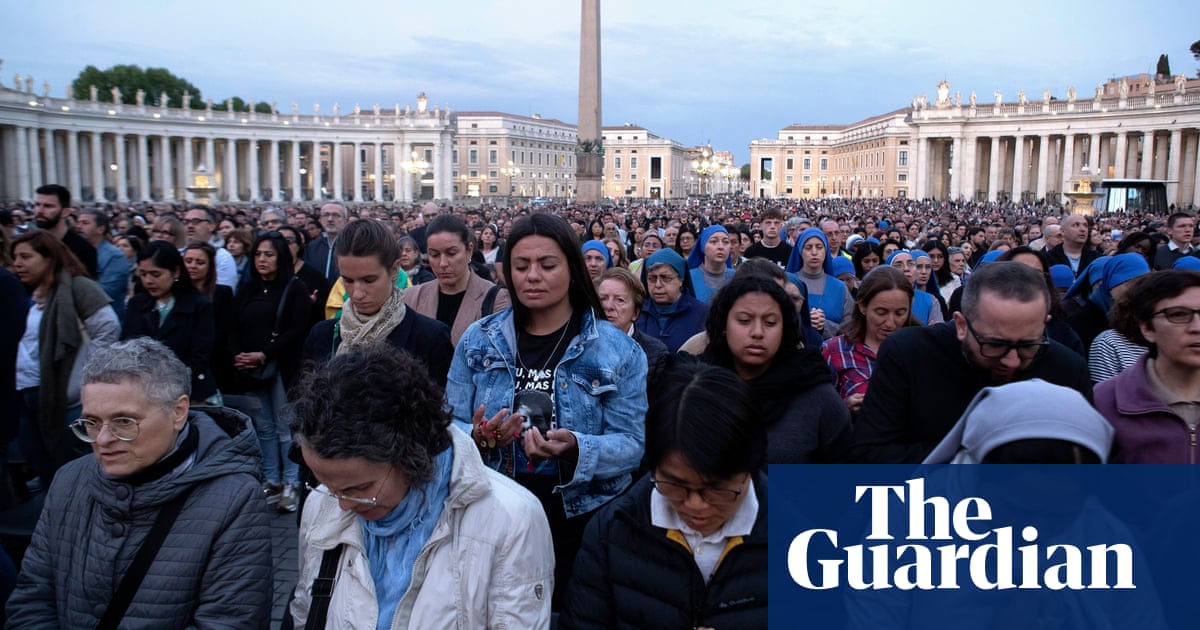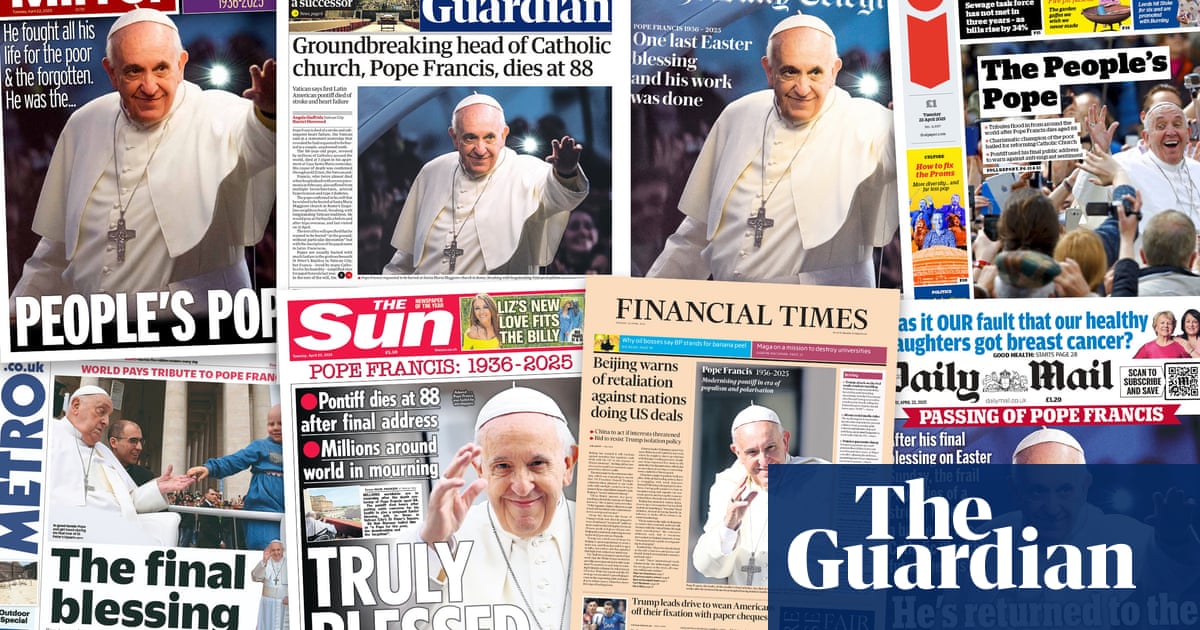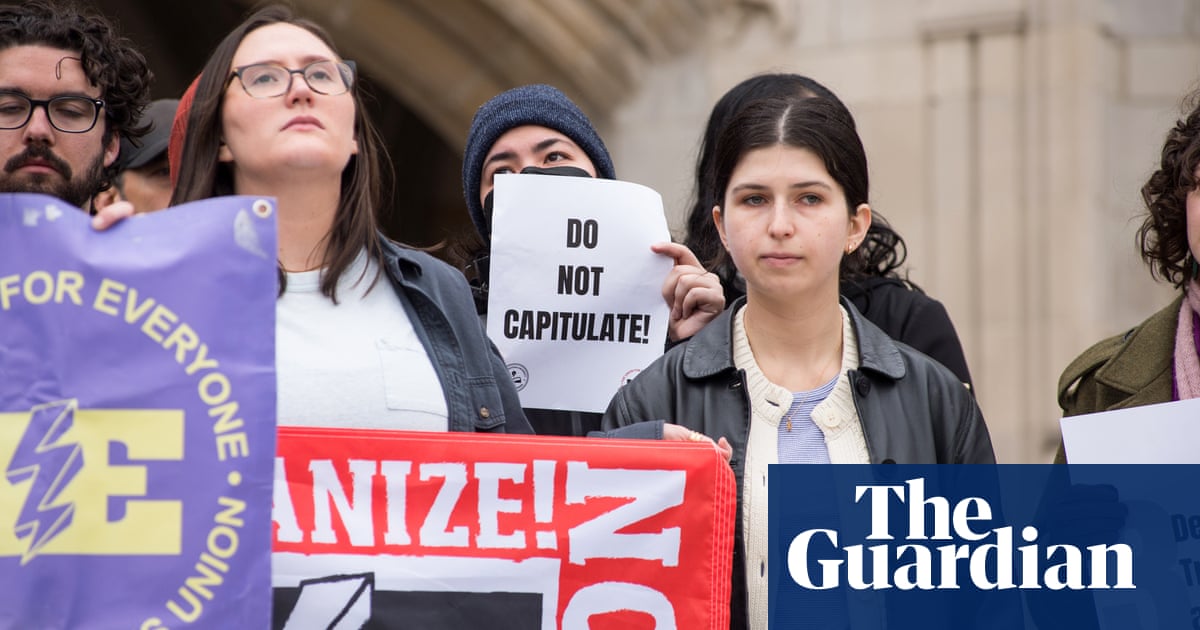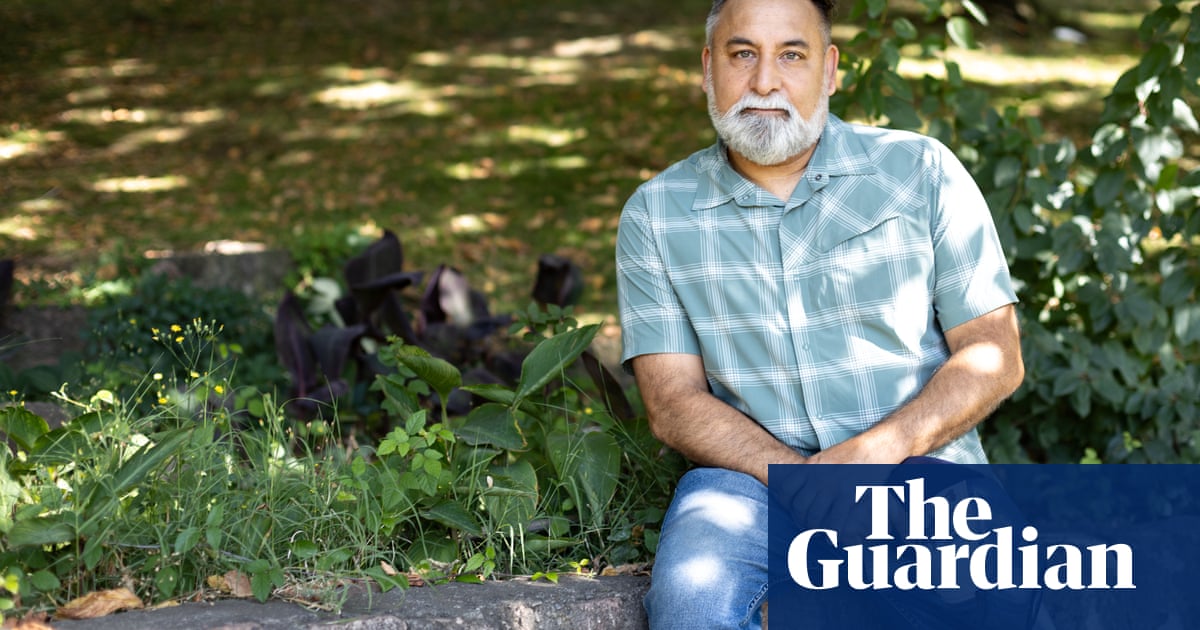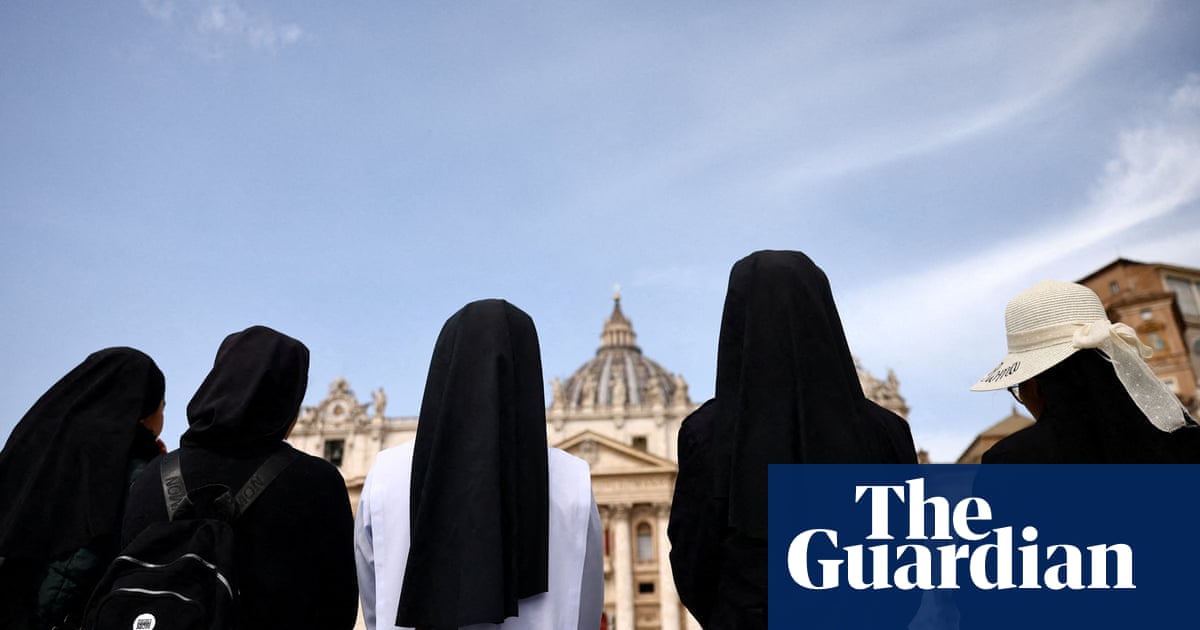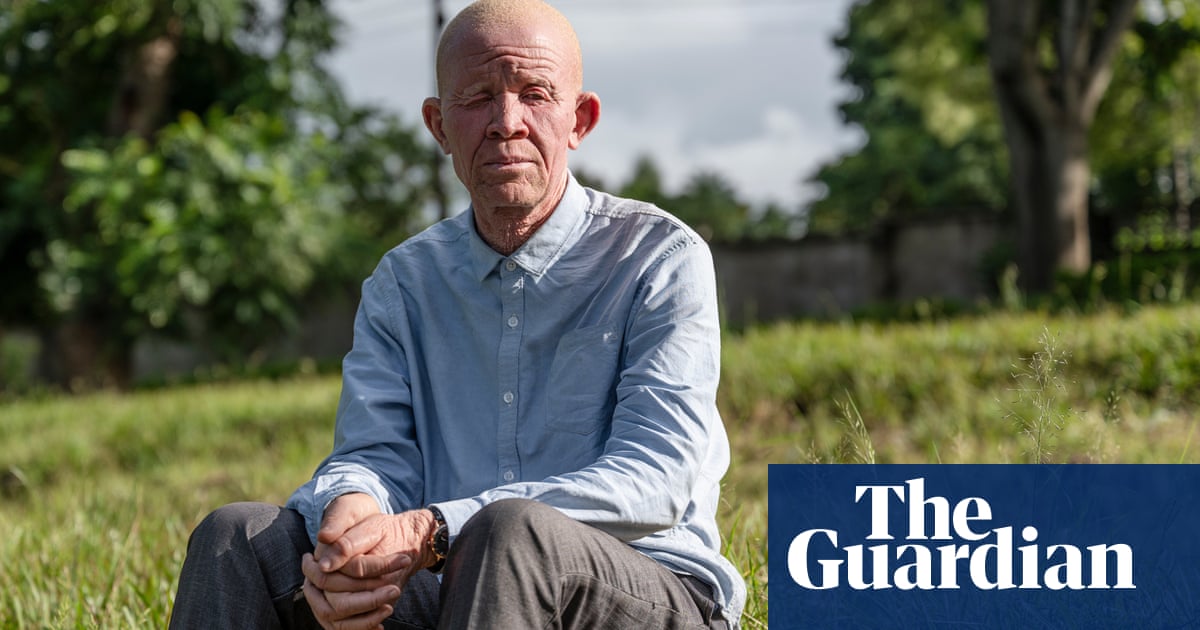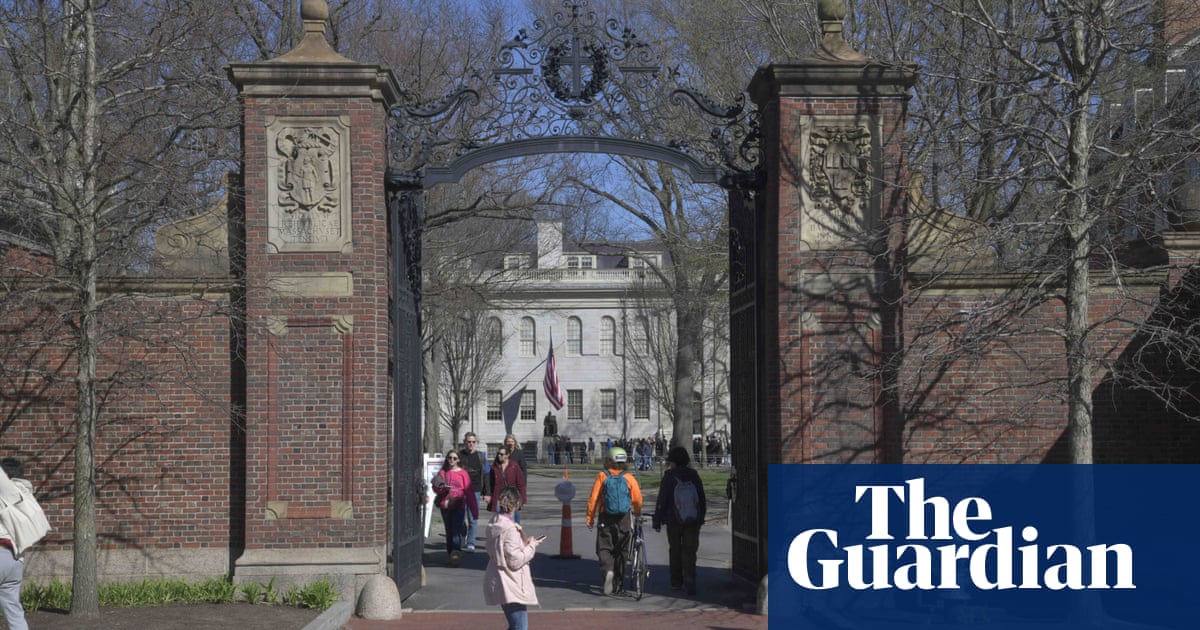Steven Soderbergh has made a ghost story with a screenplay from Hollywood veteran David Koepp. It sticks to a single location – the haunted family home – and the main character is the handheld camera’s ghostly point-of-view. It is the mute witness to everything that happens, roaming wordlessly around the house: up and down the stairs, in and out of the bedrooms, and evidently forbidden to go out back into the garden or out front on to the porch. We see what it sees.
Presence is conceived on elegant and economically spare lines, dialogue scenes are presented blankly, shot mostly from a distance (the ghost detached and hanging back) and interspersed with blackouts; it is well-acted, disciplined and intimate as a play. But for me it is marred by an early, unsubtle moment of overt supernatural creepiness, which signals a retreat from ingenuity and restraint. Perhaps it was a commercial concession to the idea that, for all the cool underplaying and periodic, uncanny sudden-chill moments in which a character will glance warily into the lens, the audience has to be reassured that this is a scary horror movie; it has to be shown what happens when an invisible ghost picks something up and carries it to the other side of the room. Surging strings on the soundtrack further underline the scariness.
The ghost can be read as a metaphorical expression of the family’s own terrible unhappiness and dysfunction. At the start the house is empty as they all move in: Chris (Chris Sullivan) and Rebecca (Lucy Liu) and their teenage children, swim team champ Tyler (Eddy Maday) and younger, sensitive Chloe (Callina Liang). Assertive Rebecca loves the house because it puts them in a school area where her beloved Tyler will bloom as a sports megastar; she neglects Chloe, Chris’s favourite, who is depressed over certain tragedies which have befallen her friends. The house could be a little too expensive for them; Rebecca, who drinks too much, has maybe cut some financial and legal corners to get a loan or for other reasons. We (and the implacably judging ghost) see her having secret, tense phone conversations and deleting emails. Then Chloe begins her fateful romance with Tyler’s friend Ryan (West Mulholland).
Of course, there is a difference between characters getting freaked out for a millionth of a second by suspecting the ghost’s invisible presence and the ghost freaking them out for a considerably greater length of time by actually intervening in their lives. And the ghost’s behaviour is arguably not consistent; having protected Chloe from something terrible early on, it is perhaps not entirely clear, in the moment, why the ghost doesn’t do this a second time when Chloe is in danger again, in exactly the same way. Well, it could be that the ghost will risk everything to create the final, terrible denouement.
Presence is flawed. It doesn’t match, say, David Lowery’s A Ghost Story or, further back, Alejandro Amenábar’s superlative The Others. But Soderbergh directs it all with flair and pace: low budget, high intelligence in the way we expect from him.

.png) 2 months ago
28
2 months ago
28


